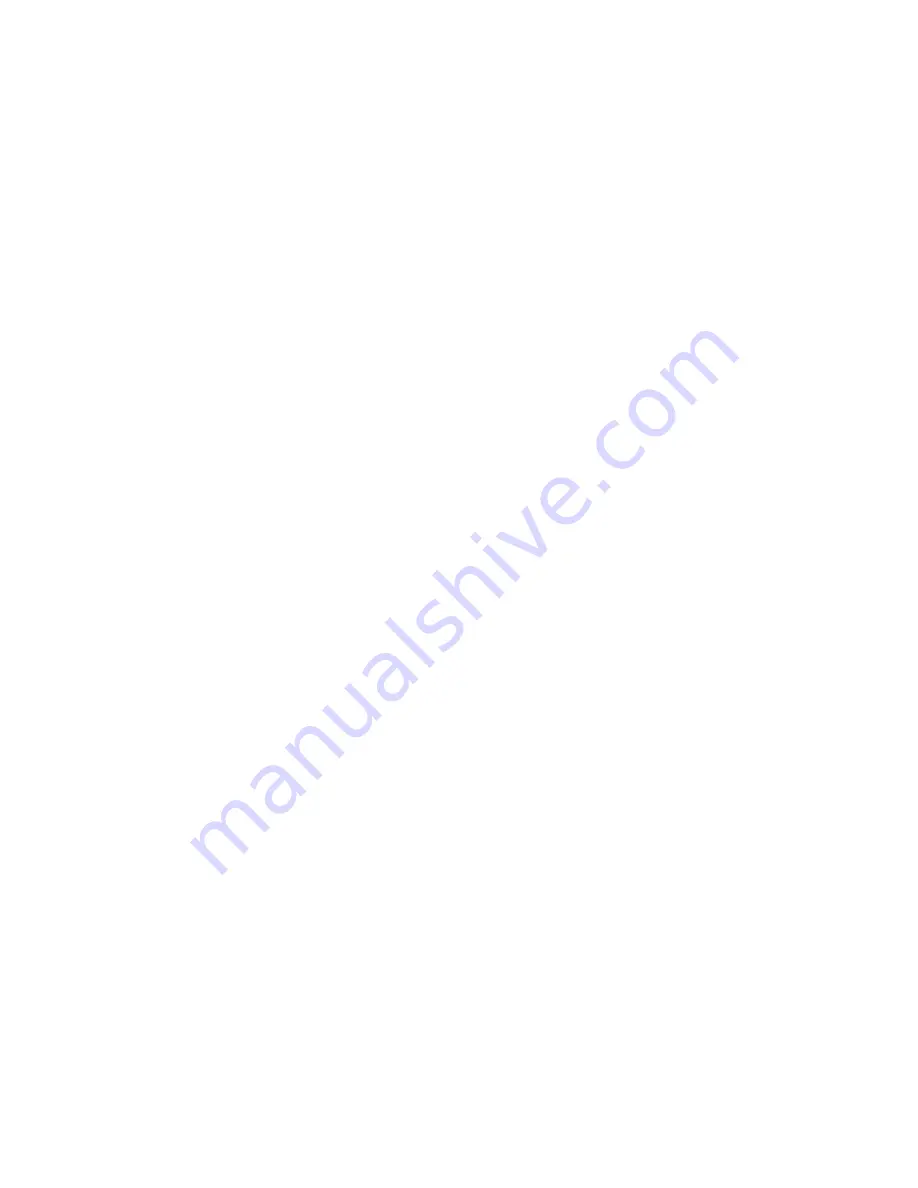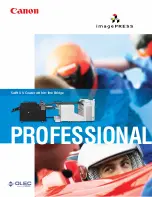
Safety
Phaser 7100 Color Printer
11
User Guide
Operational Safety
Your printer and supplies were designed and tested to meet strict safety requirements. These include
safety agency examination, approval, and compliance with established environmental standards.
Your attention to the following safety guidelines helps to ensure the continued, safe operation of your
printer.
Ozone Release
This printer produces ozone during normal operation. The amount of ozone produced is dependent on
copy volume. Ozone is heavier than air and is not produced in amounts large enough to harm anyone.
Install the printer in a well-ventilated room.
For more information in the United States and Canada, go to
www.xerox.com/environment
. In other
markets, please contact your local Xerox representative or go to
www.xerox.com/environment_europe
.
Printer Location
•
Place the printer on a level, solid, non-vibrating surface with adequate strength to hold the weight
of the printer. To find the weight for your printer configuration, see
Physical Specifications
on page
122.
•
Do not block or cover the slots or openings on the printer. These openings are provided for
ventilation and to prevent overheating of the printer.
•
Place the printer in an area where there is adequate space for operation and servicing.
•
Place the printer in a dust-free area.
•
Do not store or operate the printer in an extremely hot, cold, or humid environment.
•
Do not place the printer near a heat source.
•
Do not place the printer in direct sunlight to avoid exposure to light-sensitive components.
•
Do not place the printer where it is directly exposed to the cold air flow from an air conditioning
system.
•
Do not place the printer in locations susceptible to vibrations.
•
For optimum performance, use the printer at elevations recommended in
Elevation
on page 125.
Operational Guidelines
•
Do not remove any paper trays while the printer is printing.
•
Do not open the doors when the printer is printing.
•
Do not move the printer when it is printing.
•
Keep hands, hair, neckties, and so on, away from the exit and feed rollers.
•
Covers, which require tools for removal, protect the hazard areas within the printer. Do not remove
the protective covers.












































